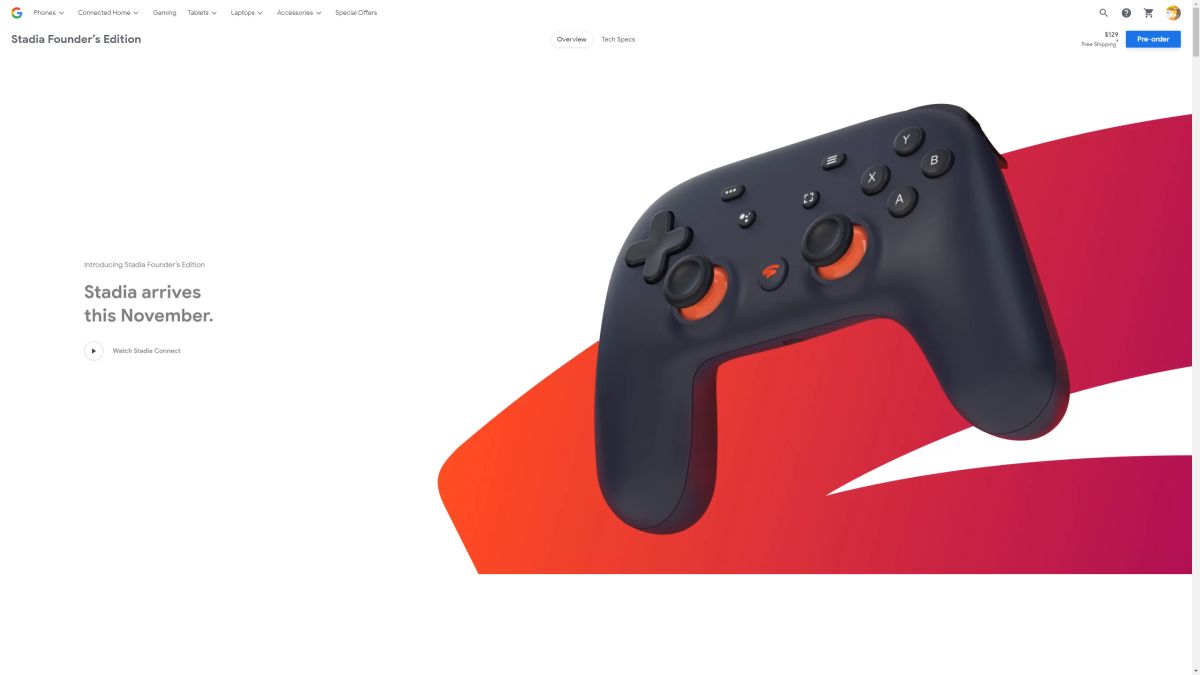Practically speaking, games being run on a PC or console should always be more responsive than games streamed from the cloud. But Google thinks it can achieve the reverse with Stadia, its upcoming games streaming service.
Google’s VP of engineering Madj Bakar said that this will be achievable in a year or two. The company intend to use machine learning to develop what it calls “negative latency”. This tech can range from increasing fps rapidly to reduce input lag, or outright predicting user inputs.
Okay, I have a little bit to say about this because of my background in computer engineer.
Obviously "Negative Latency" is physically impossible, but what they mean is something akin to a very well-researched and common technique in CPU design: Branch Prediction
(1/?) https://t.co/obNO6ksXzb
— Garrett Cooper (@superdupergc) October 9, 2019
That latter one, according to one game developer, can be achieved with something similar to Branch Prediction, a supposedly common technique in CPU design. Sounds great in theory, but it’s not a method that’s completely accurate. And when it makes the wrong guess, the result is similar to what you’d experience when you have severe lag.
Either way, we’ll have to wait and see if Google can really achieve this feat. Google Stadia launches this November, but we won’t be getting it quite so early.
(Source: @superdupergc / Twitter, PCGamesN via PC Gamer)
Follow us on Instagram, Facebook, Twitter or Telegram for more updates and breaking news.



